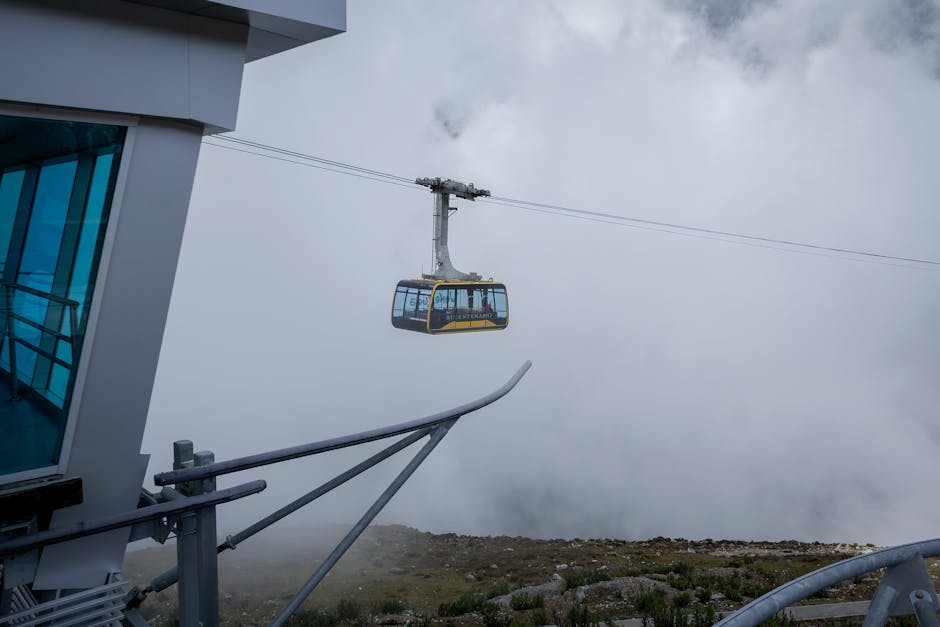The landscape of travel and tourism has been profoundly altered by the relentless march of technological innovation. From the rudimentary travel brochures of yesteryear to the immersive virtual reality experiences of today, technology has become an integral part of the entire travel process, impacting everything from initial planning to post-trip reflection. This evolution, while often taken for granted, warrants a deep dive into its multifaceted effects.
Initial stages of planning, once a painstaking, often arduous task, have been democratised by technology. Online travel agents (OTAs) and dedicated platforms have revolutionised the search and comparison process. No longer constrained by physical limitations, travellers can now scour the globe for flights, hotels, and tours, effortlessly comparing prices, reviews, and amenities. This accessibility extends beyond major metropolitan areas, enabling exploration of smaller, more niche destinations. Mobile apps further streamline the experience, offering real-time information on flight schedules, baggage tracking, and local attractions.
Beyond mere search and comparison, technology has fostered a new level of personalization. Algorithms analyzing user data, including past travel history and preferences, can curate bespoke itineraries, suggesting hidden gems and tailored experiences. This personalized touch extends beyond individual travel, shaping package deals and group tours to cater specifically to the demographics and interests of participants. Consequently, travel agencies and tour operators have had to adapt, either embracing these personalized offerings or risking obsolescence.
The digital realm has also significantly influenced interactions with destinations. Interactive maps and navigational tools, coupled with real-time traffic updates, have transformed the on-the-ground experience. Local guides and businesses, recognizing the potential of technology, are increasingly utilizing social media, online platforms, and virtual tours to attract and engage tourists. Such interactive engagement goes beyond traditional brochures and pamphlets, fostering a more immersive and authentic experience. Reviews posted by previous visitors are also increasingly crucial in the decision-making process.
Communication has undergone a dramatic transformation. Instant messaging and video calling enable travellers to connect with loved ones, share real-time experiences, and seek assistance with ease. This connection fosters a sense of security and enables a greater freedom to explore and venture beyond familiar comfort zones. Moreover, this enhanced communication allows local businesses to engage with potential clients from across the globe, creating more opportunities for both travellers and businesses alike. Crucially, this ease of communication extends to crucial emergency situations, with mobile apps providing emergency contact details and translation services.
Furthermore, technology has dramatically reshaped the way we experience destinations. Virtual reality (VR) and augmented reality (AR) technologies allow potential visitors to virtually explore locations before embarking on their journeys. This immersive experience provides a more comprehensive understanding of the environment and surroundings, bolstering anticipation and curbing any anxieties. Augmented reality overlays can guide users through museums or historic sites, providing interactive descriptions and contextual information. This enhances the engagement and learning associated with travel and tourism.
However, the integration of technology is not without its drawbacks. There’s a growing concern about the potential for over-reliance on digital tools. The immersive experience of a journey may be diminished in favour of constant connection and the need to document experiences. Authentic cultural interactions might be lost in the shuffle. Privacy concerns also arise as personal data is collected and analyzed for personalized experiences, raising ethical questions that need careful consideration. As travellers become more digitally connected, there’s a real risk of alienating themselves from the culture and communities they visit.
The impact of technology on the travel experience is undeniably transformative, shifting the paradigm from a largely reactive, pre-planned, and occasionally limited encounter to a more personalized, adaptive, and potentially more immersive experience. While the technology-driven revolution offers numerous benefits, the inherent challenges associated with it require careful consideration. Ultimately, a balanced approach that integrates technology seamlessly with the human touch remains crucial in shaping a truly enriching and sustainable travel experience.
The future of travel and tourism is undoubtedly intertwined with technological progress. Ongoing innovations in artificial intelligence, big data analytics, and machine learning will further personalize travel experiences, creating ever more tailored suggestions and recommendations. This personalization will likely extend to accommodations, transportation, and activities, providing an almost bespoke experience for each traveller. Furthermore, sustainable travel options will likely be enhanced, with technologies allowing travellers to track their environmental impact and contribute to more responsible travel choices.
In conclusion, technology has fundamentally altered the travel experience, providing greater accessibility, customization, and interaction. From planning to post-trip reflections, technology plays a pivotal role in reshaping the industry. However, a careful balancing act is crucial to ensure that this technological revolution is used to enhance the human experience of travel, not to replace it. Ultimately, the enduring appeal of travel lies in its capacity to foster connections, encourage exploration, and enrich our understanding of the world.
